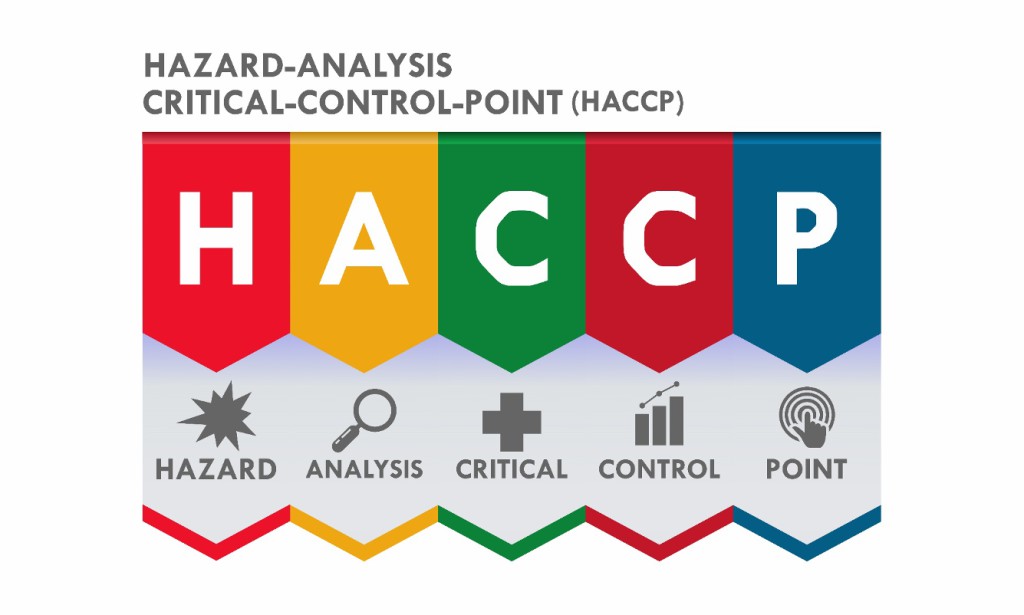


 349,500 Offered Certificates
349,500 Offered Certificates
 24/7 Online Training
24/7 Online Training
 Money Back Guarantee
Money Back Guarantee
 Fully Accredited Courses
Fully Accredited Courses

Created at: 26-02-2025 11:46
In the vibrant food landscape of Ireland, from the bustling streets of Dublin to the scenic shores of Galway, ensuring food safety is paramount for businesses. Implementing effective food safety practices not only adheres to legal requirements but also builds trust among consumers. This is where HACCP training becomes indispensable. Let’s delve into the essentials of HACCP training, its relevance in the Irish food industry, and how it can significantly benefit businesses in Dublin, Cork, Galway, Limerick, Waterford, and Belfast.
At its core, HACCP (Hazard Analysis Critical Control Point) is a preventive approach that identifies, evaluates, and controls potential hazards in the food production process. It focuses on ensuring food safety by analyzing risks and implementing control measures. The principles of HACCP include:
HACCP training is not just a good practice; it is mandated by Irish food safety law. The European Union’s General Food Law Regulation and the Food Safety Authority of Ireland (FSAI) require all food businesses to implement a HACCP-based food safety management system. By participating in HACCP training, restaurants, food manufacturers, and catering businesses in Dublin and throughout Ireland are ensured compliance with these regulations.
Failure to comply with HACCP guidelines can lead to serious consequences, including legal penalties, food contamination, and reputational damage. A single food safety incident can tarnish a business’s reputation and result in significant financial losses. Hence, investing in HACCP training is a proactive step in safeguarding your establishment’s integrity.
Achieving HACCP certification provides numerous advantages that extend beyond compliance:
The journey towards HACCP certification can be segmented into structured steps:
When considering HACCP training, it’s crucial to evaluate the format that best suits your business needs:
Ultimately, the choice depends on your team's preferences and availability. Regardless of the option selected, ensure that the training meets recognized standards.
Effective HACCP implementation requires attention to detail. Here are common pitfalls businesses should avoid:
In a world where food safety issues can have monumental consequences, HACCP training is more than a legal requirement; it is an essential investment in your business’s future. Whether you operate a restaurant in bustling Dublin, a catering service in Cork, or a food manufacturing plant in Galway, implementing HACCP principles can protect your business, your customers, and public health.
Ready to take the next step? Enroll in HACCP & Food Safety training courses today and ensure your business meets the highest food safety standards. For inquiries, contact us at [email protected]. Your commitment to food safety starts now!